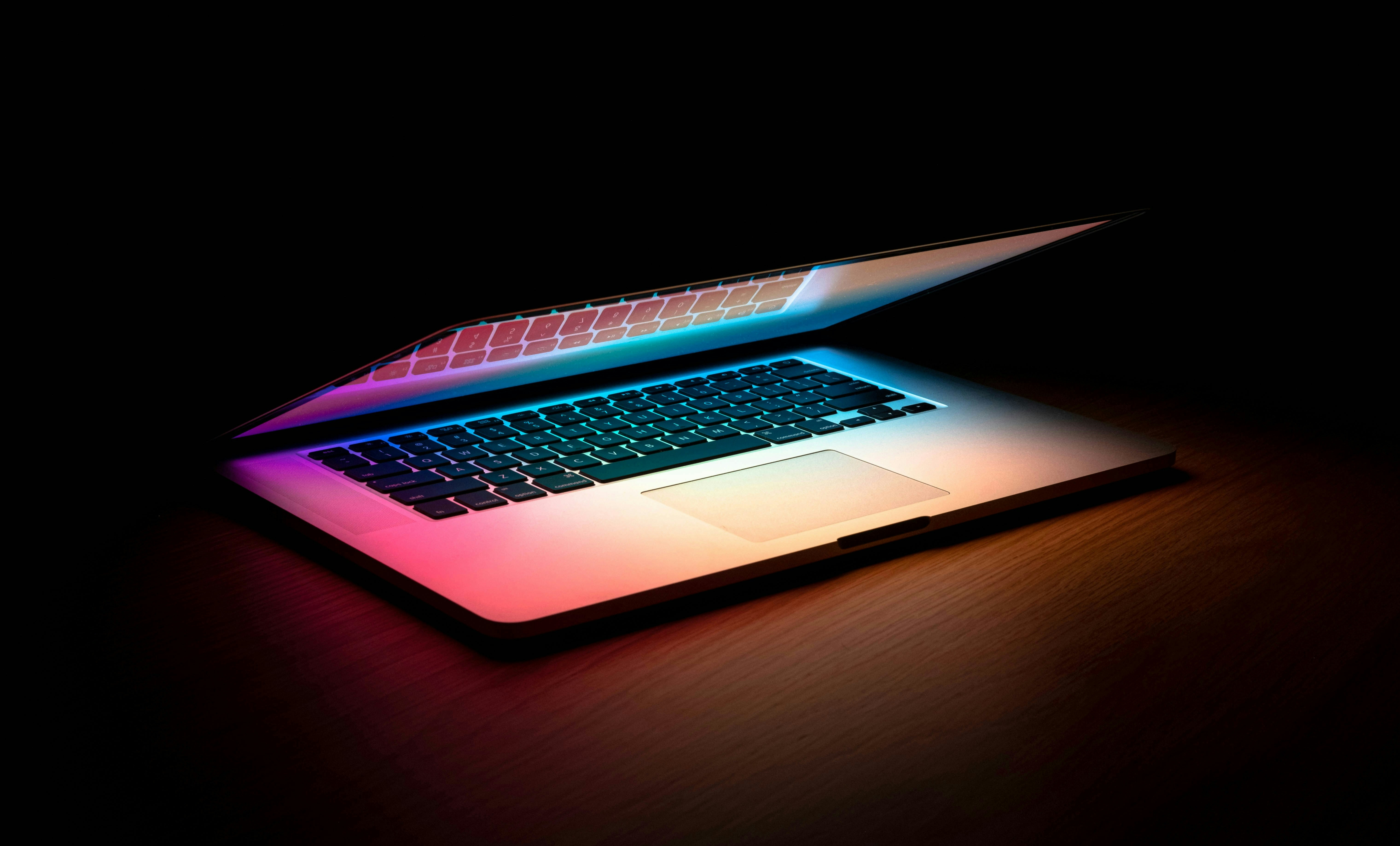BYD’s most credible competitor to the Tesla Model 3 would have a 25% cost advantage over models produced by European automakers even if it were manufactured locally in the continent, UBS said on Tuesday, taking costs resulting from protectionism into account.
Why it matters: The findings demonstrate the growing competitiveness of Chinese automakers led by BYD in making centralized, unified, and up-to-date car systems with highly integrated components and self-run supply chains, UBS analyst Paul Gong told reporters in Shanghai on Tuesday.
- This could help Chinese brands maintain their cost competitiveness even as they transition from exporting to local production in some of the world’s most developed markets. Gong made the comment after the investment bank completed a tear-down analysis of the BYD Seal, calling it “a good balance” between technological advancement and cost optimization.
Details: New research from UBS’s evidence lab that took apart the Seal electric car, BYD’s closest peer to the Tesla Model 3, reveals that the medium-sized sedan is 15% more cost-efficient than locally made offerings by the US automaker at its Shanghai facility.
- This percentage would be extended to 35% when compared to Volkswagen’s similar offerings manufactured in Europe. This means it would cost BYD $10,500 less to produce each Seal in China than a Volkswagen ID.3 in Europe, UBS analysts wrote in a Sept. 1 note.
- For Chinese-branded EVs, exporting from China to Europe is cheaper than manufacturing locally. Even so, Chinese EV makers would still maintain a 25% cost advantage over rivals if they produced in Europe, Gong added.
- UBS attributed the gap primarily to BYD’s technological and engineering integration of vehicle components. Additionally, the investment bank noted that 75% of the auto parts, ranging from batteries to power semiconductors, were made in-house.
- BYD could strike a balance between performance and cost by offering a relatively simple assisted driving system at a cost of less than RMB 3,000 ($411), significantly lower than the industry standard of around RMB 20,000.
- The teardown, aimed at uncovering the secrets of BYD’s success, reinforced UBS’s confidence in the rise of Chinese EVs. The investment bank expects Chinese automakers to double their global market share to 33% by 2030 and increase their European market share to 20% from last year’s 3% over the same period.
Context: BYD began deliveries of the Seal battery sedan, its closest competitor to Tesla’s Model 3, at a starting price of RMB 209,800 last July, followed by the launch of a cheaper version from RMB 189,800 in May.
- The Warren Buffett-backed EV major said on Monday that it has sold more than 100,000 units of the all-electric vehicle in a year. The vehicles are mainly produced in the eastern city of Changzhou.
- On Tuesday, at this year’s IAA Mobility show in Munich, the company announced that it plans to sell the Seal to European customers at a starting price of €44,900 ($48,184) in the first half of 2024.
Related










